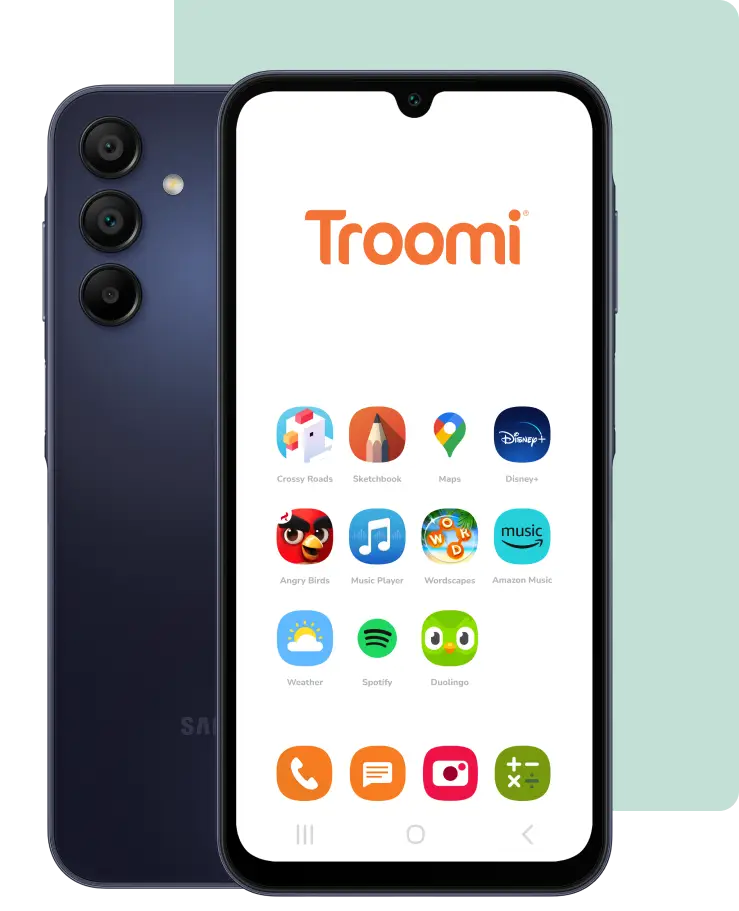I recently moved to Iceland, home of the Vikings, long road trips, and a currently erupting volcano (which you can watch live here!). In the past few weeks, I have eaten more Icelandic hot dogs than I can count and spent many a night wandering under the stars, hunting for the northern lights—which I still haven’t found. Overall, it has felt like a dream!
That is, until disaster struck. The show that I was binging wasn’t on Icelandic Netflix. Gasp!
It would be an understatement to say that I was shocked and appalled. How am I supposed to live my dream without knowing what happens on the latest episode of Killing Eve?!
Ignoring the obvious signs of a burgeoning tech addiction (which can be avoided!), the answer was simple: a VPN.
What’s a VPN? How does it work?
A virtual private network, or VPN, is an encrypted connection from your device to the internet that makes a public network private. Basically, VPN technology lets you surf the web, sending and receiving data, while hiding your information from any third-parties or internet service providers (ISPs) with prying eyes seeing your data.
Due to the security benefits of a VPN, they are often used in corporate environments where important data is being shared often. The VPN lets companies share this data securely. These private networks are especially useful when working with off-site employees who may not have a trustworthy connection of their own. Once COVID hit and forced the workplace to go digital, more and more companies began using VPNS to connect with their at-home workers.
Through data encryption, a VPN also hides and changes the location of your IP address—which is how I gained access to American television while living abroad.
What does a VPN hide?
Now that we know what a VPN is, what does a private network like this keep secure from third parties and how does a VPN hide you?
Does a VPN hide your IP address? Yes! Does a VPN hide your location? Yes!
A VPN hides you by masking your IP address. Your Internet Protocol, or IP address, is a unique address that identifies your device on the network. When your IP address is masked by a VPN, it ensures that your personal info is unavailable to hackers and shady third parties.
Hiding your IP address also hides your location. Browsers and websites that use your location to map traffic or send you specific ads are unable to do so when you’re using a VPN.
VPNs also help you gain access to regional content through something called geo-spoofing. So when I booted up my VPN and set my IP location to the United States, I gained access to all the content on American streaming services. My VPN was especially beneficial when I was learning Norwegian—I changed my location to Norway and immediately had access to unparalleled amounts of Norwegian content.
Does a VPN hide your history?
Yes, a VPN hides your history to a certain extent.
When you’re surfing the web without a VPN, your data has to pass certain checkpoints before reaching a website. First, it goes through your router. Then, it’s sent to your ISP. Finally, it’s sent to the website. All three of these checkpoints can see your traffic and may store a log of your browsing history.
When you surf with a VPN, on the other hand, your data is encrypted. This blocks all three checkpoints from seeing and saving your history. So does a VPN hide your history from the router? Yes!
The VPN, on the other hand, does see your history. Because your VPN is the server that does the encrypting, it has to see the data that it encrypts. While most VPNs don’t keep logs of your search history, some may. Do a little research before choosing a VPN to ensure that your data remains protected and secured.
Now some of you at-home employees out there might be asking: does a VPN hide your history from your employer? Generally speaking, yes. Due to the VPNs encryption, even your employer cannot see your data. However, your employer likely has other ways of tracking your history, especially if you’re using a company computer. So be a conscientious worker and focus on your work!
With Troomi, your kids don’t need a VPN!
A VPN is a fantastic way to keep your data safe and secure. So what about your kids’ data?
The answer is Troomi! When it’s time for your children to get their first smartphone, Troomi removes all safety related stress from the equation.
Troomi is the safe phone that grows with your kids, and protects them from online dangers like third-party hackers. Our phones feature military-grade security that safeguards your child’s privacy, so you can breathe easy. Check out our website to learn more!
And keep an eye on the Troomi blog for more tech tips and tricks!


